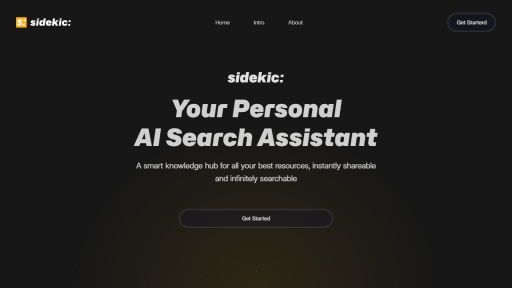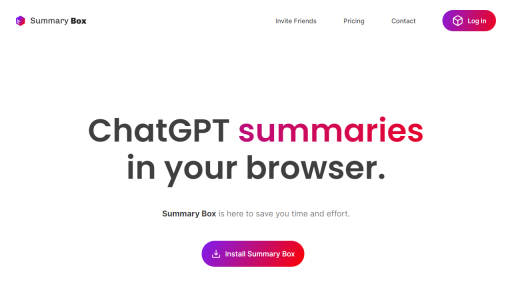What is Open Interpreter?
Open Interpreter is an innovative software tool designed to facilitate seamless interaction between users and coding languages through natural language processing. By allowing users to communicate in plain English, Open Interpreter translates queries and statements into executable code, making programming accessible to a broader audience. This tool serves not only seasoned developers looking to streamline their coding tasks but also beginners who may struggle with traditional programming syntax. Open Interpreter supports multiple programming languages, enabling users to switch contexts effortlessly. It employs advanced machine learning algorithms to understand the intent behind user queries, ensuring accurate interpretation and execution. Furthermore, it provides real-time feedback, helping users learn and adapt their coding skills on-the-fly. By bridging the gap between human language and programming languages, Open Interpreter aims to democratize coding and make tech more inclusive.
Features
- Natural Language Processing: Converts user queries in plain English into executable code across various programming languages.
- Multi-language Support: Compatible with languages such as Python, JavaScript, Java, and more, allowing for versatile coding solutions.
- Real-time Feedback: Provides immediate responses and corrections, enhancing the learning experience for users.
- Interactive Coding Environment: Features an integrated development environment (IDE) for users to write, test, and debug code directly.
- Learning Mode: Offers tutorials and guided exercises tailored to individual skill levels, making it easier for beginners to grasp programming concepts.
Advantages
- Accessibility: Lowers the barrier to entry for coding, making it possible for non-programmers to create applications and scripts.
- Efficiency: Saves time by allowing users to generate code without needing to memorize syntax or programming rules.
- Enhanced Learning: Helps users understand programming logic and syntax through interactive feedback and examples.
- Versatility: Supports a wide array of programming languages, making it a one-stop solution for various coding tasks.
- Community Support: Engages users through forums and collaborative projects, fostering a sense of community among learners and professionals.
TL;DR
Open Interpreter is a user-friendly tool that translates natural language into executable code, making programming accessible to everyone.
FAQs
What programming languages does Open Interpreter support?
Open Interpreter supports a variety of programming languages including Python, JavaScript, Java, Ruby, and more, allowing users to work across different coding environments.
Is Open Interpreter suitable for beginners?
Yes, Open Interpreter is designed to be user-friendly and includes a learning mode with tutorials and exercises that cater to beginners.
Can Open Interpreter be used for professional development projects?
Absolutely! Open Interpreter is robust enough for professional development tasks, streamlining the coding process while maintaining flexibility for experienced developers.
Does Open Interpreter provide debugging features?
Yes, Open Interpreter includes debugging tools that allow users to identify and fix errors in their code in real-time, enhancing the development experience.
How does Open Interpreter ensure accuracy in code translation?
Open Interpreter utilizes advanced machine learning algorithms trained on a vast dataset of code examples, which helps it accurately interpret user intent and generate correct code snippets.






